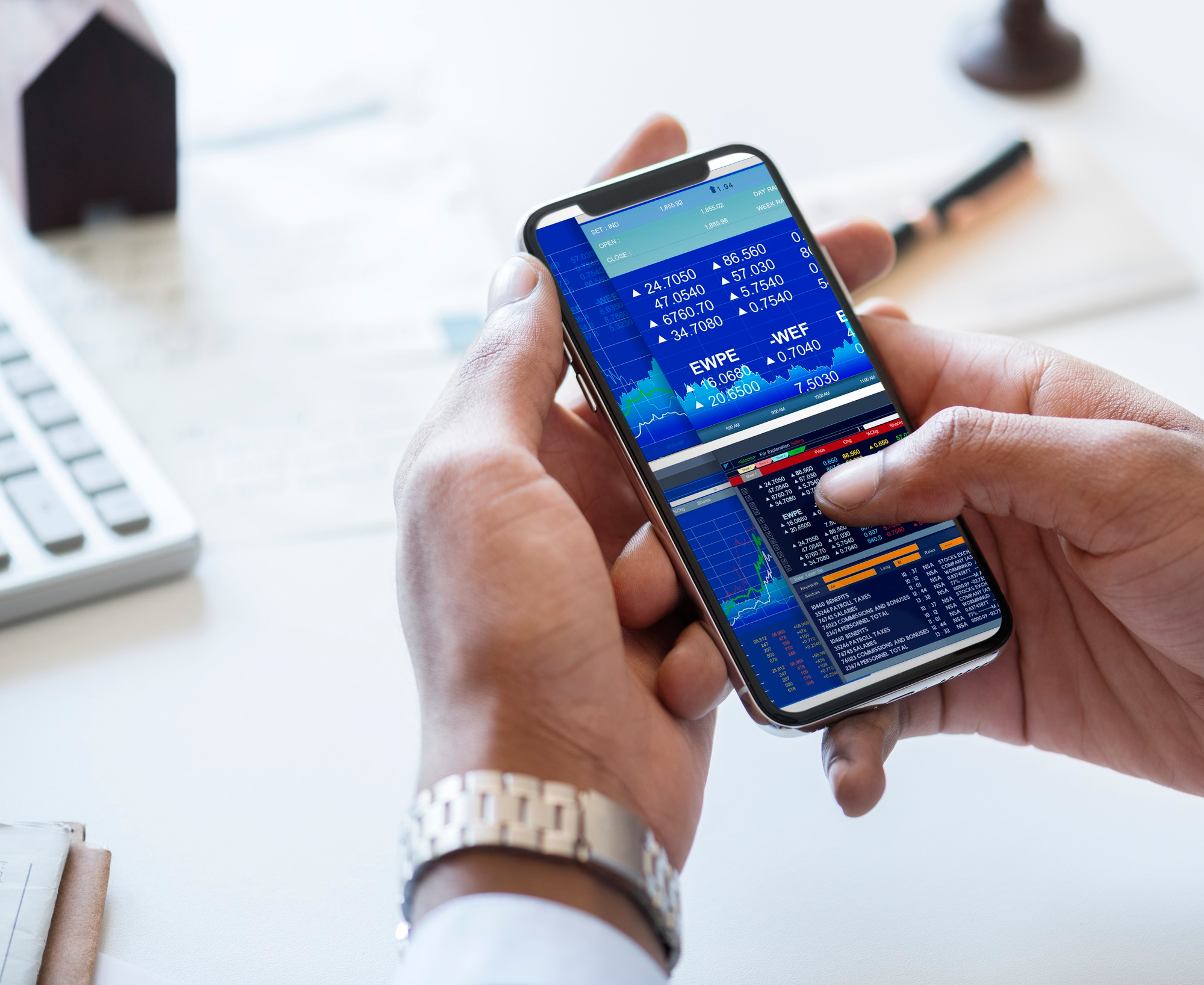Confidential communication channels will be paramount in the hostile Martian environment, where every resource is precious, and every bit of data is scrutinised. An ephemeral notes app that lets you click on a recipient and send an auto-deleting message could provide a lifeline for colonists seeking to express themselves freely without fear of permanent surveillance.
The stakes for privacy will be even higher on Mars than on Earth. With limited space and resources, Martian colonies will likely be tightly monitored and controlled environments. Every colonist’s vital signs, location, and behaviour may be tracked 24/7 to optimise life support systems and ensure the settlement’s survival. Having a way to send secure, self-destructing notes could be a vital outlet for personal expression and dissent. Suppose a colonist has concerns about how the settlement is being run or wants to blow the whistle on unsafe practices. In that case, ephemeral messaging will allow them to do so without leaving a digital trail that could be traced back to them.
Self-erasing messages also help protect Martian colonists’ mental health and well-being. On a distant planet with delayed communication with Earth and few opportunities for solitude, the ability to click sites and share private thoughts with trusted confidantes could be a crucial form of self-care. Ephemeral notes create a safe space for venting frustrations, processing emotions, and seeking support. Of course, using secure messaging to evade oversight could also enable Bad actors and exacerbate tensions within Martian colonies. If self-destructing notes are abused for harassment, sabotage, or fomenting unrest, it could jeopardise the stability and security of the entire settlement. Clear guidelines around acceptable use would be needed.
There’s also the question of what happens if the self-erasing messaging system is compromised. If a malicious actor were to gain control of the app and manipulate or expose supposedly private communications, it could be devastating for colonists who had relied on its confidentiality. Robust cybersecurity measures would be essential. Despite these risks, the potential upsides of allowing Martian colonists access to ephemeral messaging are significant. It could foster more open and honest communication within the settlement, leading to better problem-solving and social cohesion. It could serve as a check against authoritarian overreach from mission control on Earth. Most importantly, it could help space settlers maintain a sense of personal agency in an environment where their every move is monitored.
Perhaps ephemeral messaging could facilitate communication with other intelligent life forms we may encounter on our cosmic journey. The ability to click site and send self-erasing notes across linguistic and biological barriers could be a universal starting point for diplomacy. Ultimately, Protecting the privacy of Martian colonists requires a suite of overlapping strategies – from protective regulation on Earth to decentralised governance structures in space. But at the core of it all will be how we enable secure, consensual communication. That’s where self-destructing messaging could be a vital piece of the Martian mosaic – a way to preserve the cosmic right to click, site, and share brief thoughts on the final frontier.





